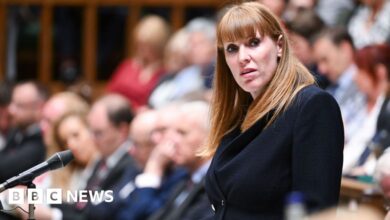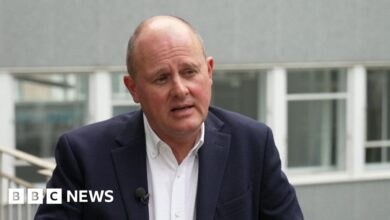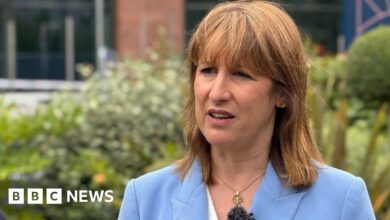Stamp duty tax on second homes to rise
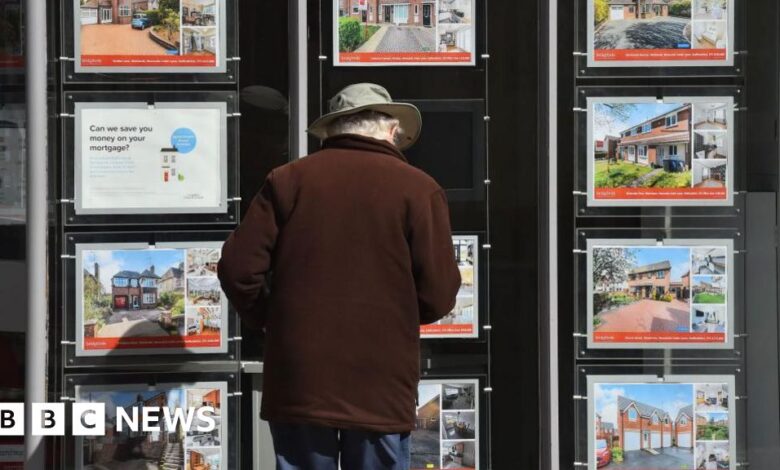
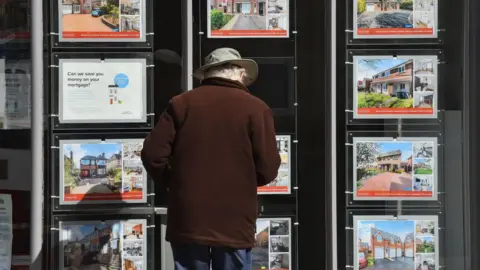 Getty Images
Getty ImagesThe rate of stamp duty paid by people buying a second home is to rise, Chancellor Rachel Reeves has announced in the Budget.
Stamp duty is a tax paid when buying property over a certain price in England and Northern Ireland.
People buying an additional property are already subject to a higher rate, and from Thursday this will rise from from an extra 3% to 5%.
The Treasury said the move would give first-time buyers and those looking to move house an advantage over second-home buyers and landlords, resulting in 130,000 additional transactions by these groups over the next five years.
It said the increase would also raise more than £1.2bn in tax up to 2029-30.
However, analysts say the increased rate could affect landlords’ willingness to buy more properties.
Paul Johnson, director of the Institute for Fiscal Studies think tank, said renters would “pay part of the cost” of the increase in stamp duty for second-home buyers and landlords “as the supply of such properties falls”.
Ben Beadle, chief executive of the National Residential Landlords Association, said: “The chancellor has failed to heed the warnings of the Institute for Fiscal Studies that higher taxes on the rental market lead only to rents going up.
“What tenants needed was a Budget to boost the supply of new, high-quality rental housing. What we got is a recipe for less choice and higher rents.”
But Ben Twomey, chief executive of campaign group Generation Rent, said: “Renters who have been able to save a deposit to buy a home will get a boost from the increased stamp duty surcharge.
“The higher costs for investors will make it easier for first-time buyers to compete in the house sales market.”
Meanwhile, first-time buyers will be hit by the government’s decision not to extend the relief on stamp duty for people buying their first home.
The Conservatives raised the threshold for when first-time buyers pay stamp duty from £300,000 to £425,000 in 2022, while the threshold for other buyers was doubled to from £125,000 to £250,000.
However, the thresholds will revert back to the lower levels from 31 March.
Ben Thompson, deputy chief executive of the Mortgage Advice Bureau, criticised the move.
“People will simply choose not to move, continue to be stuck renting with all the uncertainty that that brings,” he said.
“With house prices rising, many more buyers will end up with a stamp duty bill, or face paying even more.”
The current rates of stamp duty are:
- £0-£250,000 (£425,000 for first-time buyers) = 0%
- £250,00-£925,000 = 5%
- £925,001-£1.5m = 10%
- £1.5m+ = 12%
From Thursday, people buying a second home will pay an extra 5% on top of this.
Elsewhere, the Budget included a £500m boost in funding for the Affordable Homes Programme, which the government said would deliver up to 5,000 new social and affordable homes.
Reeves also confirmed the government would reduce Right to Buy discounts in a bid to increase the supply of council housing.
The Right to Buy scheme allows tenants renting council-owned homes to buy them at a discounted rate.
The chancellor said councils would also be able to keep 100% of the money raised from sales of housing so this could be reinvested into new supply.

